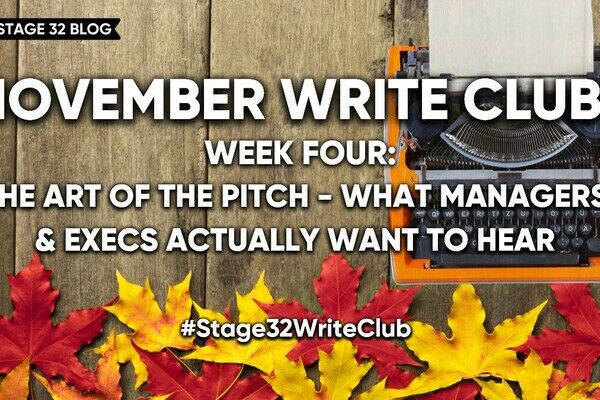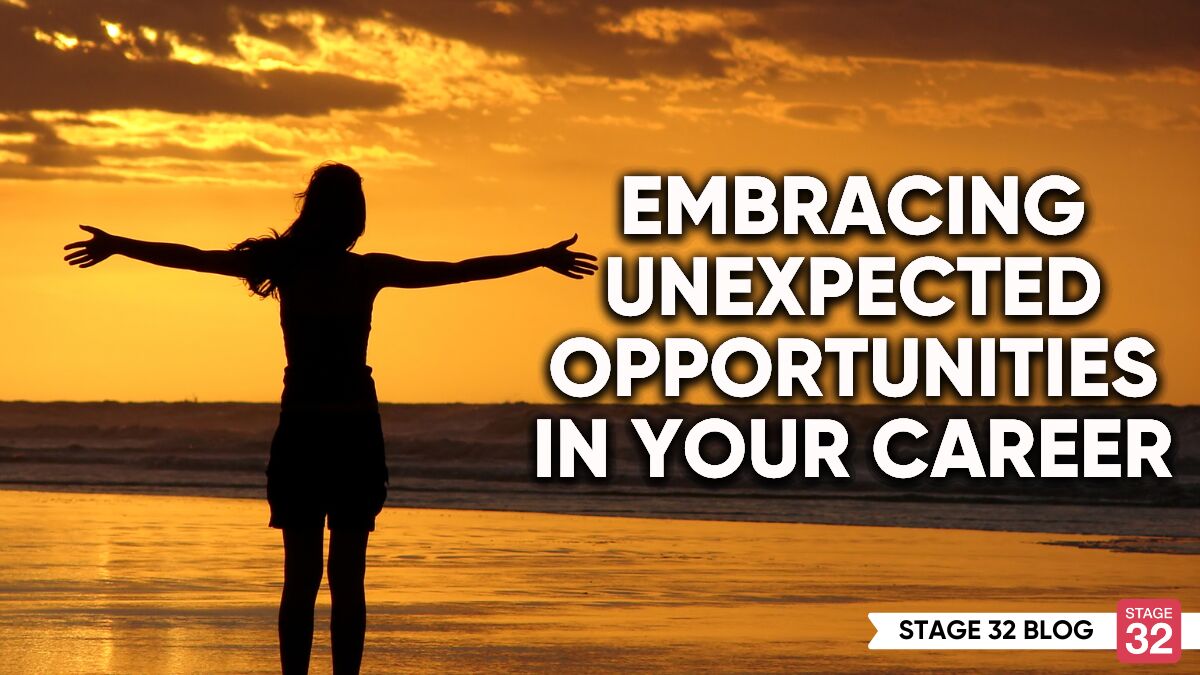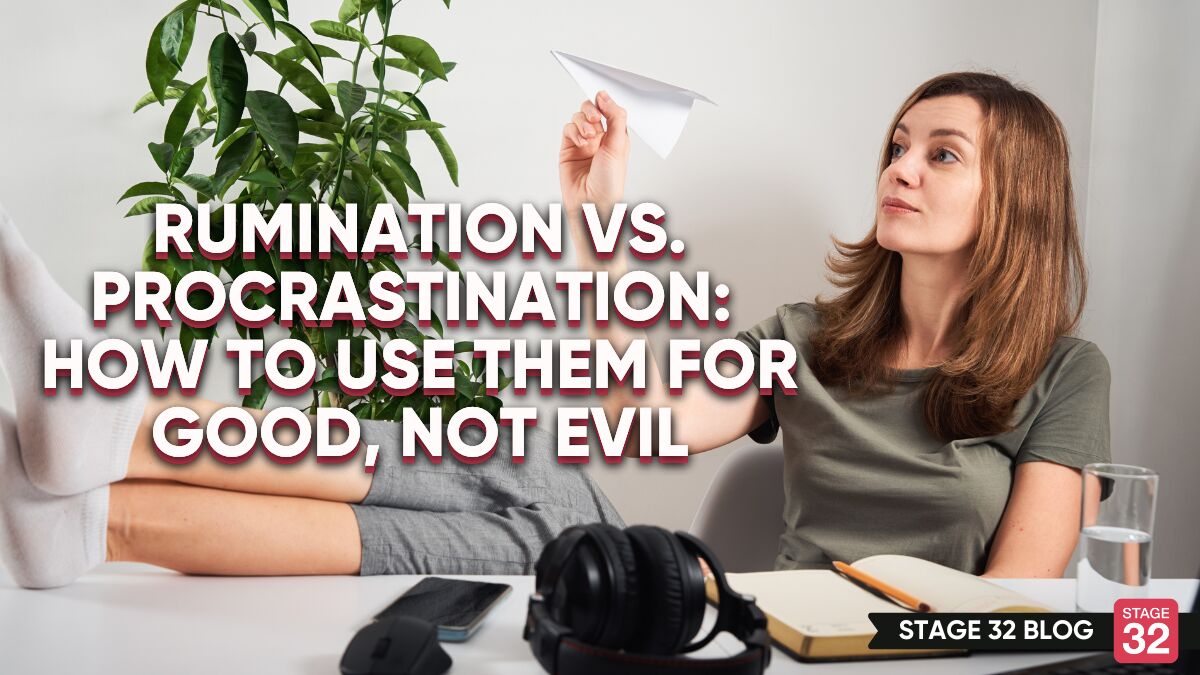Rumination VS Procrastination: How To Use Them For Good, Not Evil
I can see the first sunshine after days of rain so I’ll put off writing this blog. I want to go outside for a walk. But I’m also using a technique that harnesses the power of procrastination to get the blog in my head so I can ruminate on it while walking.
The terms ‘rumination’ and ‘procrastination’ come with a lot of baggage.
Procrastination is defined as: ‘the action of delaying or postponing something knowing full well the negative outcomes of doing so’. That can cause a lot of anxiety making it harder to truly enjoy time spent away from tackling the task. That anxiety plagues the creative process. The longer we leave the first draft, the shorter the editing time and that’s where the real work is done. Then we sweat on what it means to not make deadline.
It’s a horrible way to work and live. It can also make us unreliable colleagues.
Rumination is defined as: ‘deep or considered thought on something’. Negative aspects include brooding, dwelling on a topic or thought, and mulling over it until every possible outcome is examined and re-examined. As writers and filmmakers, we know this is part of the gig. While it can also be an awful way to live, it’s a great tool for work. For example, it’s important to ruminate on the best creative execution of a scene, examining it for stereotyping, clichés or excessive homage to another person’s work.

The technique I use to transform my relationship with procrastination and rumination is to have two projects on the go at the same time. They’re open on two different devices in two rooms of the house and I use the avoidance of one to get stuck into the other. Of course, this level of self-manipulation could be seen as strange - but it works for me so I’m going to keep doing it.
It all starts with setting the scene for Project A on the computer in the office while muttering the same mantra every time.
“You don’t have to write anything yet. Just open the folders, files, and some research in tabs and leave them open. Just get it all set up, ready to go.”
Then while seeing some of the files, I get a few ideas and jot them down quickly before I head outside. It’s the same principle as opening a block of chocolate and leaving it on the desk, kitchen bench, or coffee table. You know it’s right there, readily available, waiting for you, calling for you. And guess what happens next? Just by setting the scene for this blog and telling myself I don’t have to write anything yet, I’ve written 871 words written of my 1000 word target.
So now I’m heading out into the sun and my brain can ruminate on the possibilities of what else I’m going to write in the blog. Back soon.
Okay, I’m back from the walk but now, I’m distracted by the lure of the magic wand that transports me to other worlds, eras, characters, and situations. It’s the TV remote. So I plonk down on the couch and right next to me is Project B open on the laptop. Because it’s rare for me to watch TV without a second screen, I do some work on Project B while watching a movie. I’m still ruminating on Project A and justifying the procrastination by progressing Project B.
When I’ve had enough TV, I head back to the office and work on Project A, muttering, “you don’t have to finish the blog. Just give it some structure.”

I’m mostly a day person in the office and an evening person on the couch with walks outside to ruminate. Instead of working against the desire to procrastinate then beating myself up about it, I lean into it like advice in Sun Tzu’s The Art Of War. I don’t fight it anymore. Instead, I get procrastination to work for me and I work with it.
I’m in love with the feeling of finishing things and while this isn’t great then it comes to food, it is good for projects and deadlines. It means I can leave projects open and lying around the house but not tubs of ice cream, large bars of chocolate or whole cakes.
So here I am, back at the keyboard in the office, editing and finishing Project A - this blog.
Understanding our relationship with procrastination and rumination can help us get tasks done and be kinder to ourselves when we are stuck in solving a creative problem or just need a break. If we set up the problem or project before stepping away, we can use procrastination to help kick-start the rumination process that draws us back into it.
I’m leaving you with this thought. It’s a defining beat in a scene from City Slickers (1991). Billy Crystal is in a quandary about the meaning of life. Jack Palance holds up one finger and says nothing to explain it, leaving Billy and us, the audience, to make meaning for ourselves. It’s about one thing. There’s a lot to be said for single-minded, focused effort, for finding and doing that one thing in life.
Music genius, Prince was superb at single-minded focus but not all of us are good at it. I need to hold up two fingers, facing forward as a sign of peace, of course. (Not facing backwards. That would be rude.) I like bouncing between projects, having two things on the go. That’s how I find balance and how I harness the power of rumination and procrastination to get things done.
How do you do it?
Let's hear your thoughts in the comments below!
Got an idea for a post? Or have you collaborated with Stage 32 members to create a project? We'd love to hear about it. Email Emily at blog@stage32.com and let's get your post published!
Please help support your fellow Stage 32ers by sharing this on social. Check out the social media buttons at the top to share on Instagram @stage32 Twitter @stage32 Facebook @stage32 and LinkedIn @stage-32
| 5 Tools You Need To Build A Voiceover Business |
| Embracing Unexpected Opportunities In Your Career |
Search Stage 32 Blog
There are now 4035 blog posts for you to enjoy. Search them all by tags below.
Acting, Advice, Cinematography, Coffee & Content, Composing, Contests, Distribution, Featured, Filmmaking, Financing, Inspirational, Networking, Producing, Screenwriting, Success Stories, Tips, Trending,Relevant Tags
Recommended Articles

Green Lights and Grey Areas: Expanding Creative Collaboration in Publishing

Coffee & Content: Why Your Next Step Matters More Than the Perfect Step
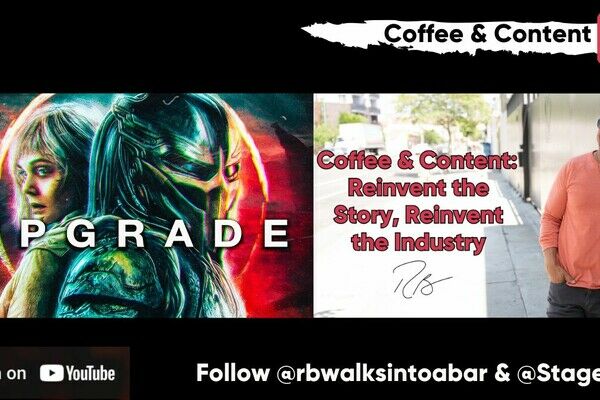
Coffee & Content: Reinvent the Story, Reinvent the Industry

Wearing Many Hats As A Creative
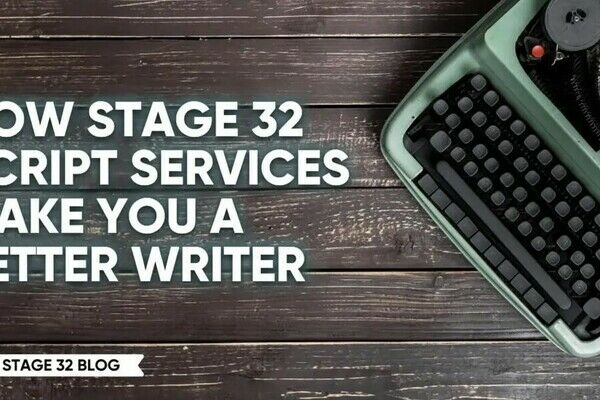
How Stage 32 Script Services Make You A Better Writer

Insider Intel: Packaging your Project- The Chicken or the Egg Dilemma

Want Success in the Entertainment Industry? Start Writing Your Own Narrative

Don't Let the Momentum of November Write Club Die: How to Stay Active Into 2026 & Beyond!
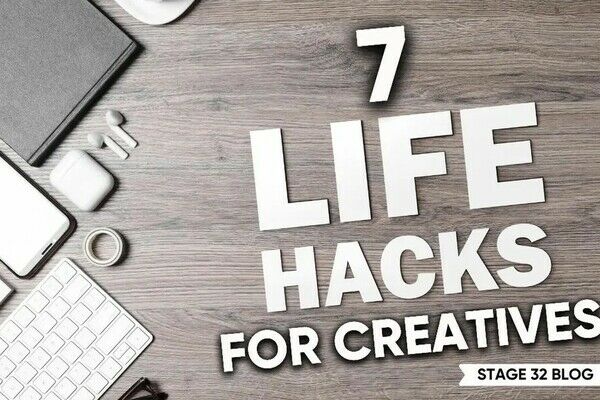
7 Life Hacks For Creatives
